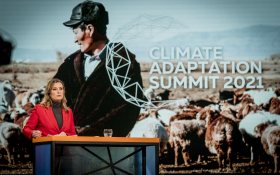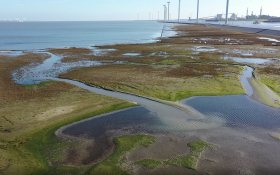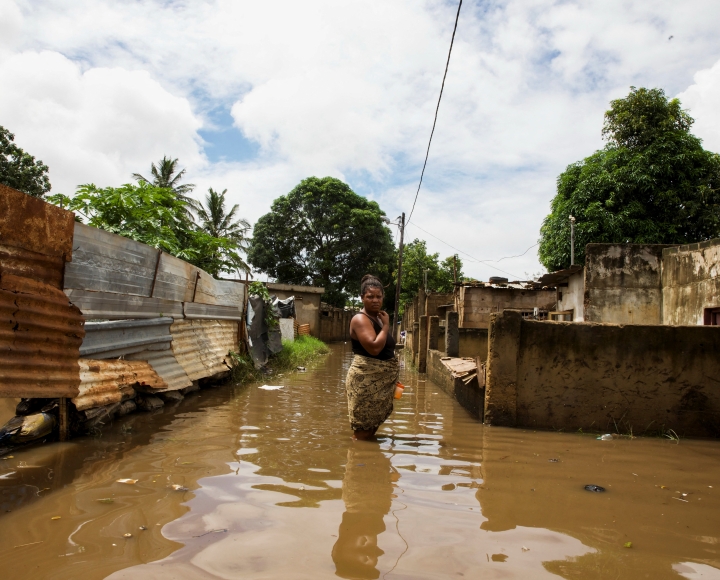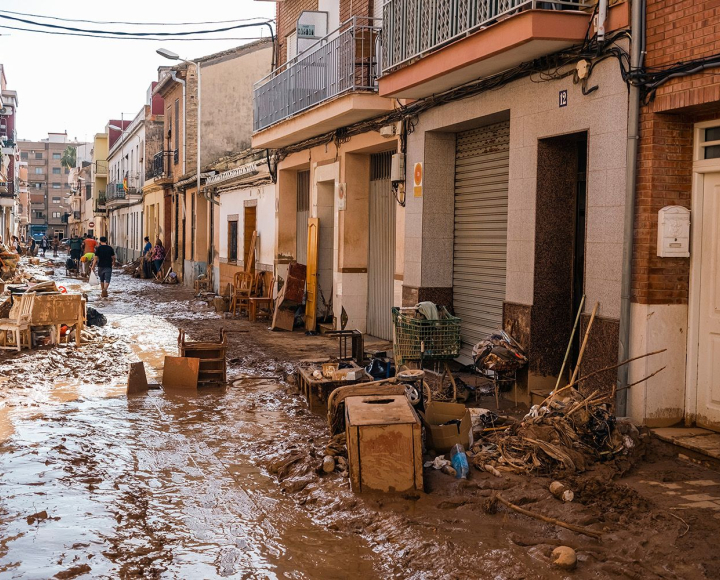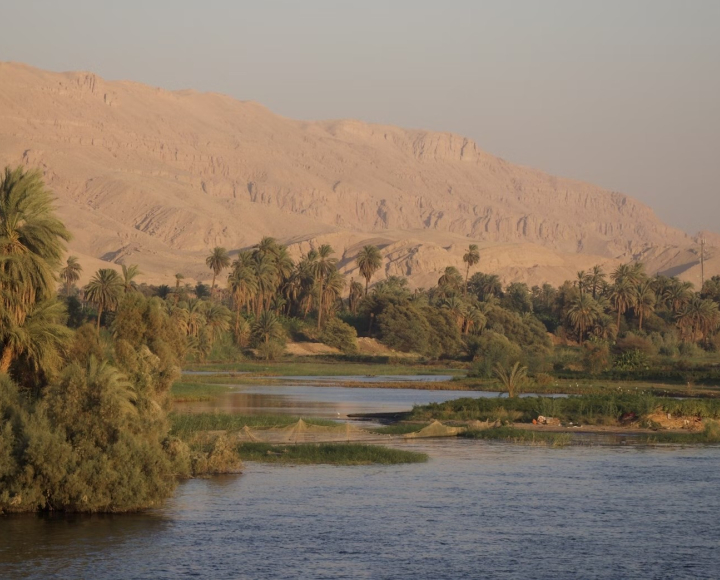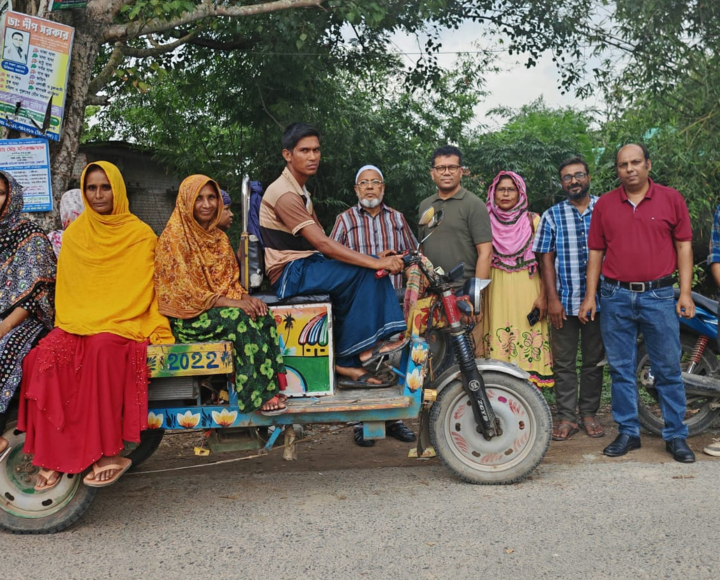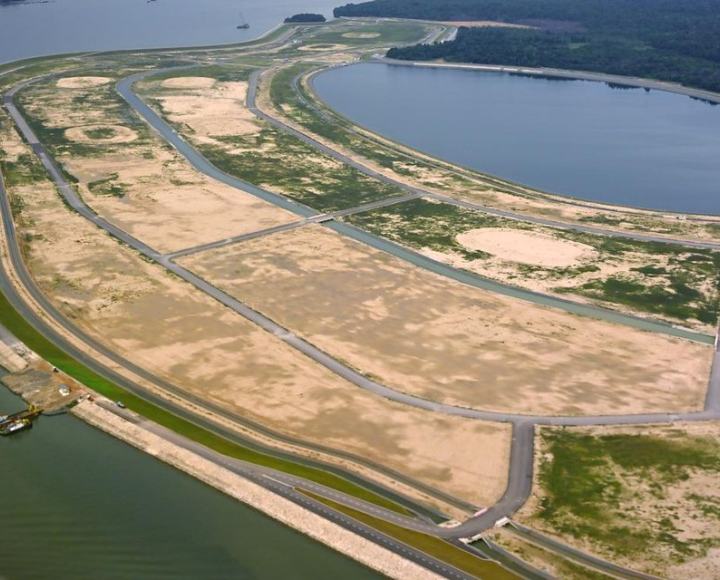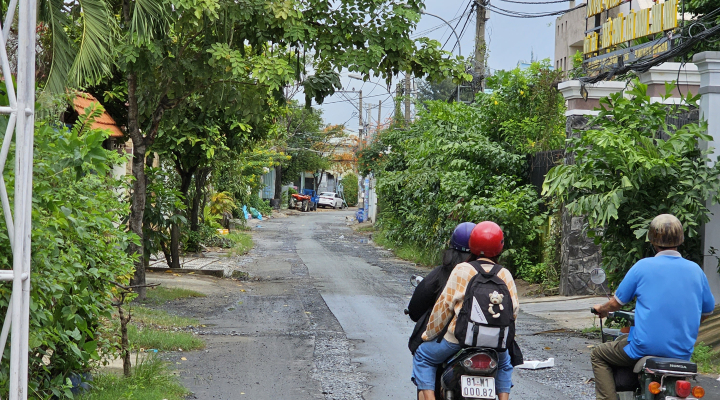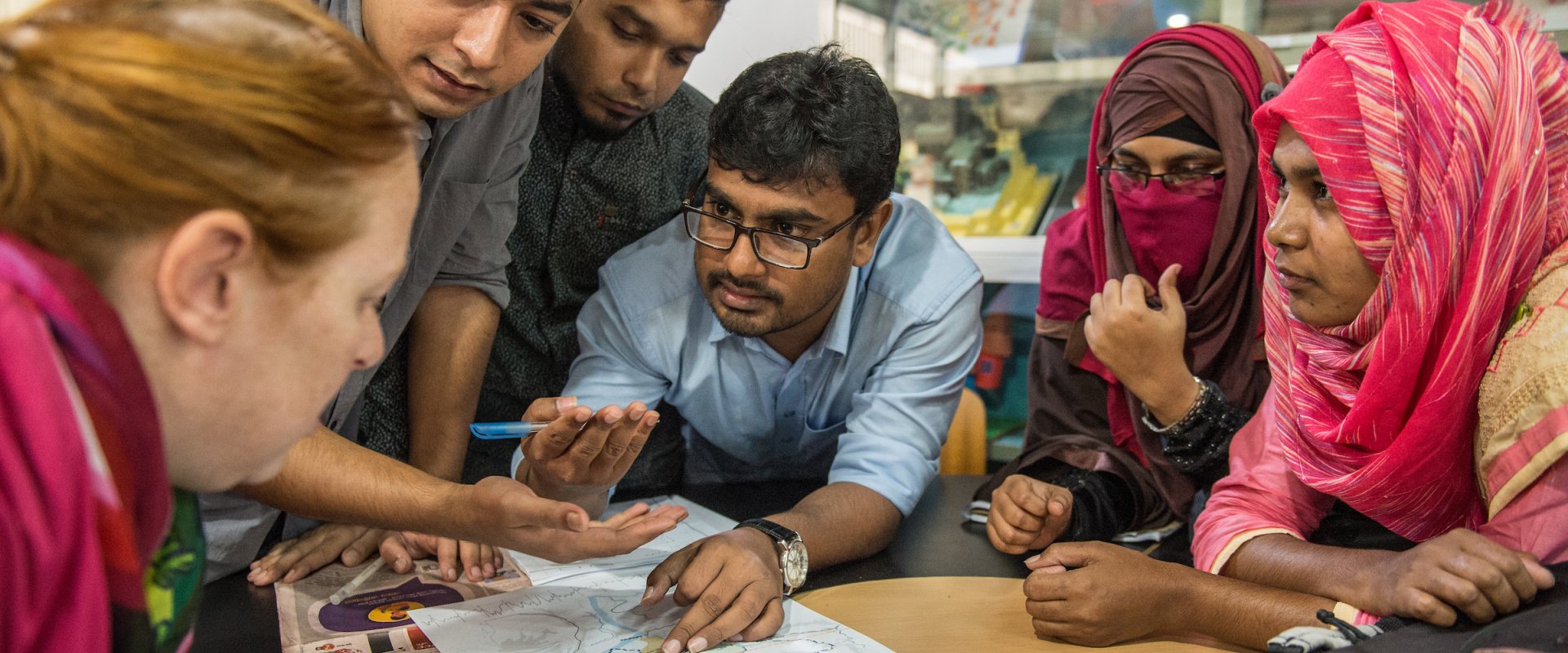
CAS2021: ‘More show cases needed of multi-beneficial climate adaptation projects’
‘We really need to have more show cases of multi-beneficial projects with water at the forefront. Water can be a catalyst to initiate new developments, improve health and restore biodiversity’, said Stuart Orr of the World Wildlife Fund for Nature during a roundtable meeting of the Water as Leverage programme.
The online meeting took place ahead of the Climate Adaptation Summit (CAS2021) where the experiences with the programme will be shared.
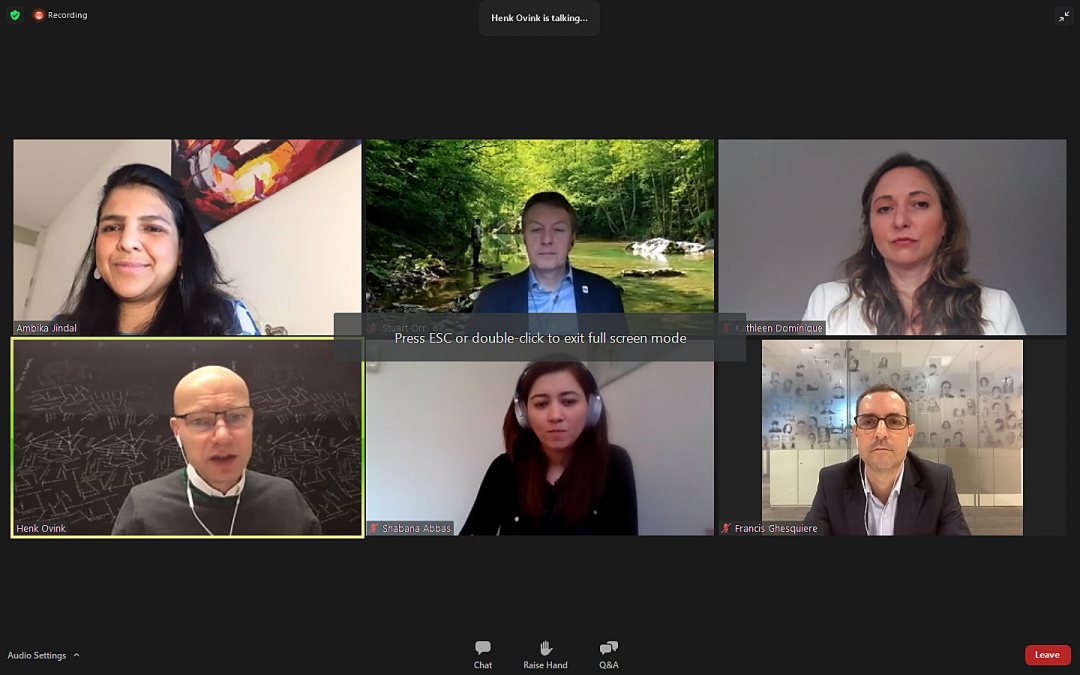

A landscape of projects
‘We look at the Water as Leverage (WAL) projects from the perspective of bringing solutions to river deltas to secure a sustainable future for their cities, agriculture and nature. We bring different agendas and stakeholders into the decision making’, said Orr. ‘Bankers tell us that they have bags of money but lack sustainable water projects to invest in. So it is on us, in these river deltas, to create projects that are beneficial to communities, the environment and financiers as well.’
Orr therefore welcomed the progress of the Water as Leverage projects in the three Asian cities of Semarang (Indonesia), Chennai (India) and Khulna (Bangladesh). According to Orr these projects are good examples of the kind of show cases that are needed.
The meeting was also joined by Francis Ghesquiere of the World Bank and he too welcomed the results so far. The World Bank is looking at the possibilities of using the process of the WAL-programme for Vietnam’s Integrated Resilient Development Programme (IRDP) that proposes a credit line of 500 million US dollar for climate adaptation, including measures to make the coastline less vulnerable to extreme weather events.
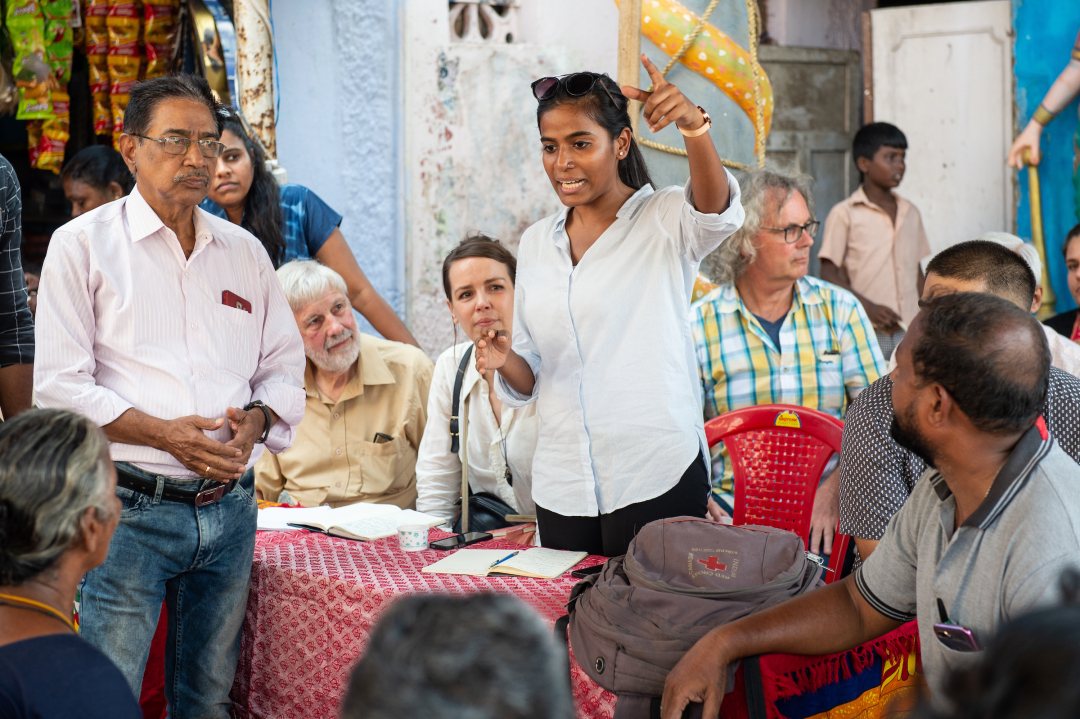

Stakeholder dialogues
The Water as Leverage programme was launched in 2018 with the aim to produce transformative projects in three Asian cities with the idea that reducing water risks can have multiple benefits. Dutch special water envoy Henk Ovink is the driving force behind the WAL-programme and during the meeting he repeated the importance to involve stakeholders.
’We want to engineer projects that bring solutions that really matter to people that are at risk because of climate change. For that, it is of crucial importance that we bring all the local stakeholders together to make societies more sustainable’, Ovink said.
He emphasizes that a collaboration process is based on trust amongst groups with different interests. ‘As it takes time to build this trust, we need funds to be able to invest in people, next to the trillions needed to invest in climate adaptation’, Ovink added.
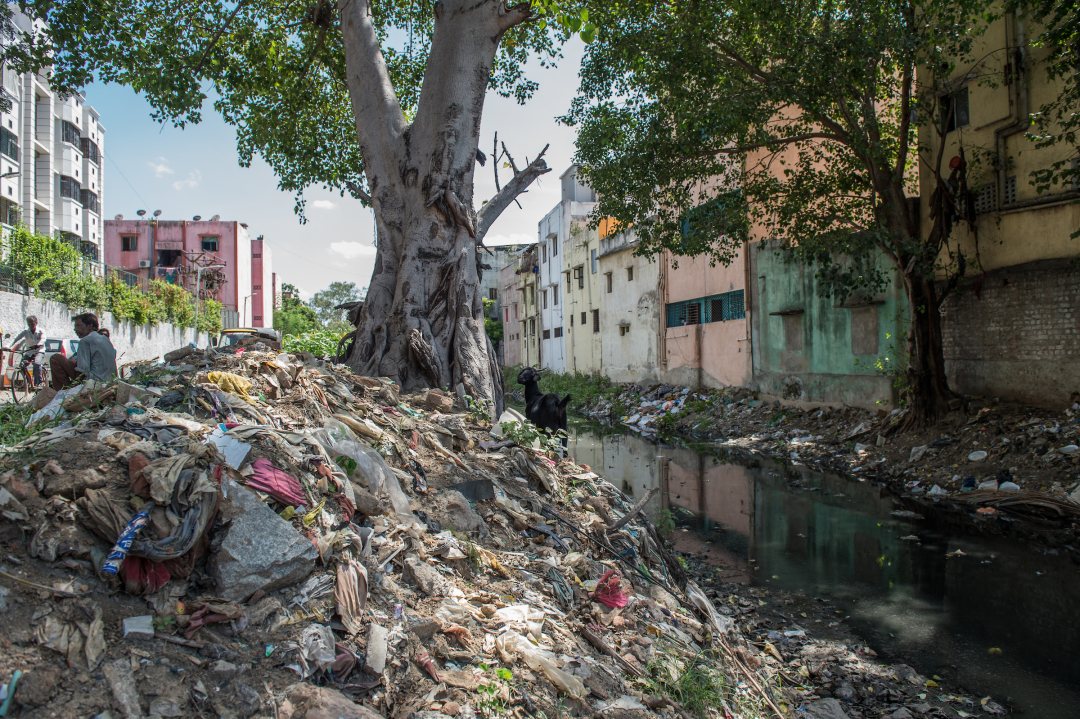

Unique partnerships
Shabana Abbas of the Youth Water Network advocated to make more use of the creativity and digital networking capabilities of young water professionals. ‘We need more consistency to inspire young professionals so they can take on initiatives on their own.’ Abbas made a plea for for the creation of unique partnerships beyond the water community. ‘This will bring consistency and things will scale up.’
All participants of the meeting mentioned the option of blended finance to derisk investments. By adding some private money, it is possible to bring the higher financial risks of projects that introduce new transformative solutions, back to the level of projects with conventional solutions.
More about the Climate Adaptation Summit
The Climate Adaptation Summit will be a 24-hour marathon of virtual events on 25 and 26 January. The goal of the summit is to accelerate adaptation action. Hosted by the Netherlands with support from the Global Commission on Adaptation (GCA), CAS2021 will feature the launch of ambitious adaptation agendas, new commitments, and partnerships.
The programme will include participation from many heads of state and government. Registration for the Climate Adaptation Summit is still open and free to join. You must register in order to gain full access to the online events. Events will be streamed live.




